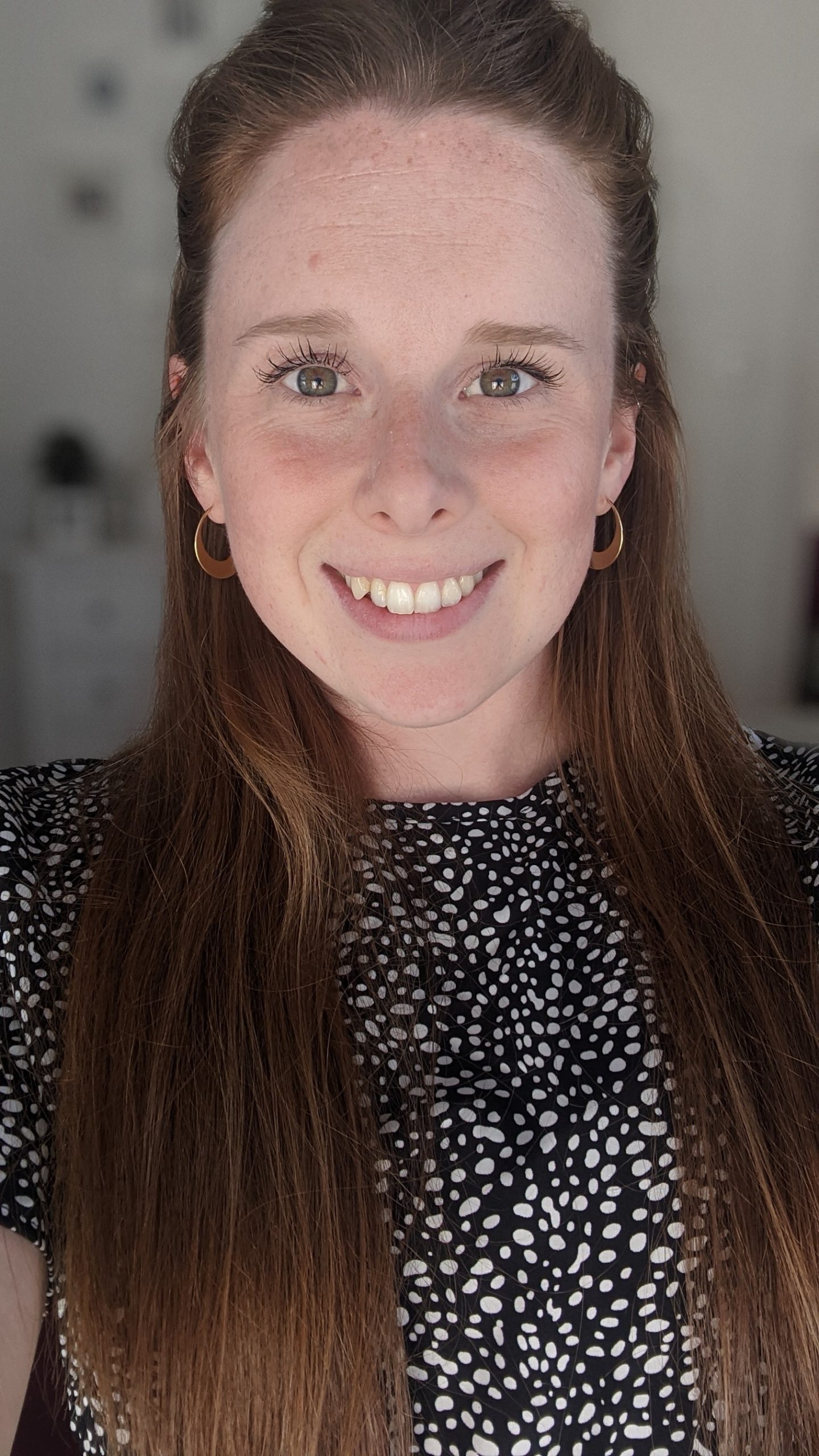Megan Bloomfield, project co-ordinator at Young Devon

What is Young Devon?
It’s a youth work organisation supporting 11 to 25-year-olds based in Mutley. At the heart of everything we do is building relationships with young people and asking them what they want or need from us as a service. We have lots of projects going on across the county and they are broadly split into four areas: (1) Accommodation Projects – we have young people at the risk of homelessness living in our properties with youth workers supporting them; (2) Skills Programmes – offering free short courses for young people to work towards employability; (3) our Wellbeing Service – which is huge and includes counselling in schools, educational workshops and wellbeing cafes, as well as our Victims of Crime service, which includes anyone impacted by the events in Keyham last year; and (4) Voice – collecting young people’s views on how we work and using that to improve our service.
How can you help young people affected by what happened in Keyham?
We are now offering free one-to-one sessions for any young person impacted by what took place in Keyham. And you don’t have to live in Keyham to have been affected by what happened there. Maybe a young person hasn’t had the support they’ve wanted yet, or for some reason has missed out, or are only just now thinking, “I have been affected and it’s taken me a while to realise that.” And there’s also scope if young people want to come together in a group and talk about their experiences which might be something schools are interested in. It’s really flexible.
And, to be clear, this is not counselling?
I’m not a qualified counsellor but I can refer the young person to counselling within Young Devon or signpost if they need it. This is a wellbeing approach to youth work. So, young people can text, call or drop me an email, or a parent could get in touch about their child, and I’ll have a conversation with them about the project – what that young person needs, what they have going on and what they are interested in working on – and at that point there’s no obligation to continue. But, hopefully, we’ll decide that we can do some really good work together and we’ll take it from there.
What might some of this work entail?
For some young people it might just be a space to talk about their experience, because for some it might be hard to talk to someone who has also experienced it, like their parents. I can be an impartial listening ear. We might also look at stuff around coping strategies. So, if someone is experiencing a lot of pain and anxiety we might look at who they can cope with those feelings and find strategies towards feeling better. Then there’s practical things such as advocating with schools and saying, “This is what’s going on for the young person and what support can we get in place at the school?” I like to see it as a friendly and informal supportive service.
The first anniversary of what happened will be difficult for many…
That’s right. On Friday, 12 August I will be in the community and available for young people to talk to. If there are any young people who are struggling and might like to have a safe space to talk – or not talk – and just sit with someone, I will be there for them. We are starting to have more conversations with people saying such things as, “Yes – my child is really struggling.” Trauma can take a while to manifest itself. A person might think, “I can’t be seen to be struggling more than anyone else,” or “Some people might have experienced it worse than me.” So perhaps some young people are not appreciating how hard they are struggling but it’s okay to ask for help.